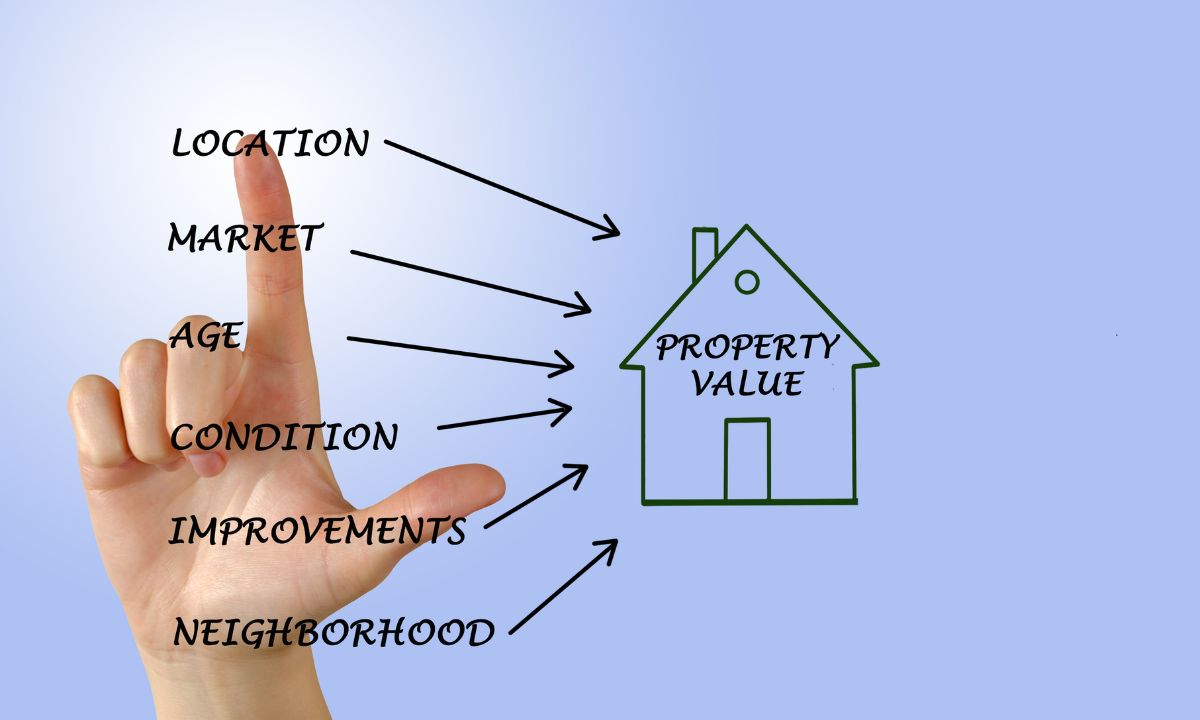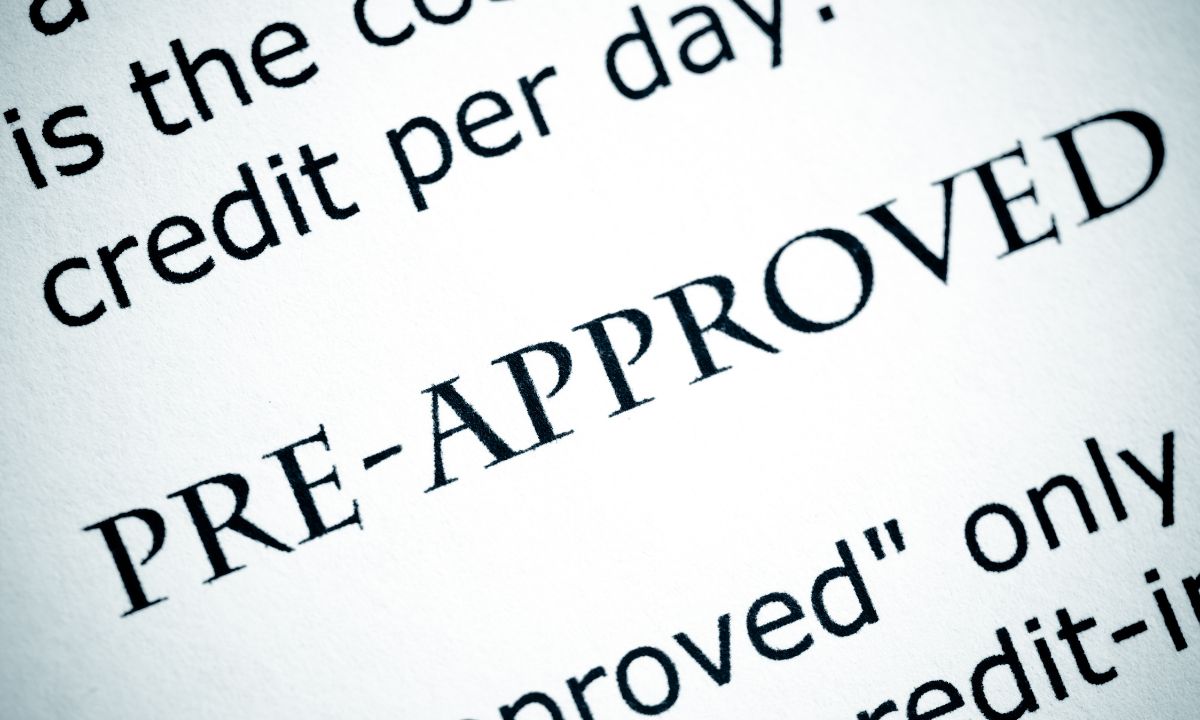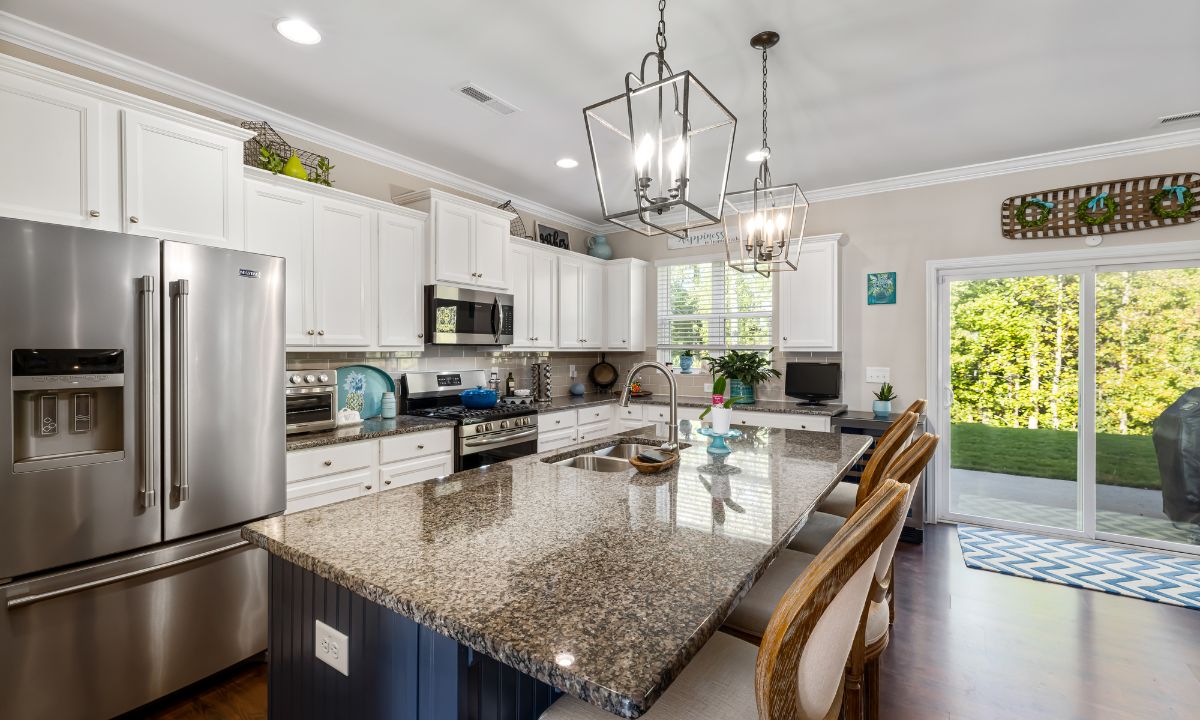 Living with pets brings endless joy, but it can also mean dealing with a few challenges, especially when it comes to protecting your furniture and home from potential damage. Whether you have a playful pup or an energetic cat, pet-proofing your living space is essential to keeping both your pet and your home in good shape. Here are seven practical tips to help you protect your floors, furniture, and belongings from pet mishaps.
Living with pets brings endless joy, but it can also mean dealing with a few challenges, especially when it comes to protecting your furniture and home from potential damage. Whether you have a playful pup or an energetic cat, pet-proofing your living space is essential to keeping both your pet and your home in good shape. Here are seven practical tips to help you protect your floors, furniture, and belongings from pet mishaps.
1. Protect Your Floors
Pets, particularly puppies and kittens, can have accidents that damage flooring. Hardwood, tile, and carpet are all susceptible to stains and odors. To minimize the risk, consider using absorbent pads in spots where accidents have occurred. If you’re going to be away for a while, crate training or installing a smart pet door that allows your pet to go outside can be helpful. And don’t forget to keep a good-quality carpet cleaner on hand that eliminates odors and uses enzymes to neutralize stains.
2. Give Your Cat Something to Scratch
Cats have a natural instinct to scratch, and if you don’t provide an alternative, they’ll likely take it out on your furniture. Scratching posts can be a lifesaver. Try placing the post near your cat’s favorite scratching spot to make the transition easier. It’s also worth experimenting with different types of posts, including vertical and horizontal designs, or even climbing frames and perches, to see what your cat prefers.
3. Make Scratching a Sticky Situation
If your cat is particularly persistent about scratching your furniture, double-sided tape can be a game-changer. Cats dislike the sticky feeling on their paws, so this simple solution will encourage them to find other places to scratch—preferably on their scratching post!
4. Make Chewing Unappealing
Dogs love to chew, but that doesn’t mean your furniture should be their next target. To deter chewing, use bitter sprays specifically designed for this purpose, or try applying a bit of hot sauce or Tabasco to the item. The spicy sensation will make your dog think twice before gnawing on your shoes, furniture, or baseboards.
5. Try a Baby Gate
When you need to keep your pet away from certain areas, a baby gate can be an effective solution. Use gates to keep pets out of rooms with valuable furniture or holiday decorations. It’s also a great way to limit access to areas where your pet might get into trouble while you’re away.
6. Use Slipcovers
For homes with shedding pets or younger animals in training, slipcovers are a must-have. These washable covers protect your furniture from fur, dirt, and even accidents. Once your pet is fully trained, you can easily toss the slipcover and enjoy your furniture looking fresh and clean again.
7. Hide Cords and Remotes
Pet owners know that cords and remote controls are prime targets for chewers. Keep these items out of your pet’s reach by placing them on high shelves or storing them in drawers. For cords that are more exposed, consider using protective covers, or try applying bitter sprays or hot sauce to make them less appealing.
By taking proactive steps to pet-proof your home, you can enjoy the company of your furry friends without worrying about potential damage. With a little preparation and patience, you can create a pet-friendly environment that’s safe for your home and your pets.
 As a homeowner or potential buyer, understanding what truly influences a property’s value can help you make informed decisions. Whether you’re selling your home or planning to purchase, knowing the factors that impact property value can put you in a stronger negotiating position and help you maximize your investment.
As a homeowner or potential buyer, understanding what truly influences a property’s value can help you make informed decisions. Whether you’re selling your home or planning to purchase, knowing the factors that impact property value can put you in a stronger negotiating position and help you maximize your investment.
 Buying a home is one of the biggest financial decisions you’ll ever make, and you want to make sure you’re as prepared as possible. Whether you’re just starting to browse homes or are ready to put in an offer, one of the most important steps you can take is getting preapproved for a mortgage. Not only does it streamline the home-buying process, but it also puts you in the best position to make a successful offer. Here’s why getting preapproved now, before you start your house hunt, can make all the difference.
Buying a home is one of the biggest financial decisions you’ll ever make, and you want to make sure you’re as prepared as possible. Whether you’re just starting to browse homes or are ready to put in an offer, one of the most important steps you can take is getting preapproved for a mortgage. Not only does it streamline the home-buying process, but it also puts you in the best position to make a successful offer. Here’s why getting preapproved now, before you start your house hunt, can make all the difference. A clean, well-maintained home isn’t just visually pleasing—it’s an investment in the longevity and value of your property. If deep cleaning feels overwhelming, rest assured you’re not alone. Here are essential deep-cleaning strategies tailored to help you efficiently tackle the challenge and maintain a pristine living environment.
A clean, well-maintained home isn’t just visually pleasing—it’s an investment in the longevity and value of your property. If deep cleaning feels overwhelming, rest assured you’re not alone. Here are essential deep-cleaning strategies tailored to help you efficiently tackle the challenge and maintain a pristine living environment. As more people seek simplicity and focus in their lives, downsizing has become a popular choice among homeowners of all ages. But why is “less” gaining so much appeal? Downsizing offers not just smaller living spaces but also an opportunity to embrace a more fulfilling, efficient, and financially sound lifestyle. Here’s why you may want to consider making the move to a smaller home.
As more people seek simplicity and focus in their lives, downsizing has become a popular choice among homeowners of all ages. But why is “less” gaining so much appeal? Downsizing offers not just smaller living spaces but also an opportunity to embrace a more fulfilling, efficient, and financially sound lifestyle. Here’s why you may want to consider making the move to a smaller home.